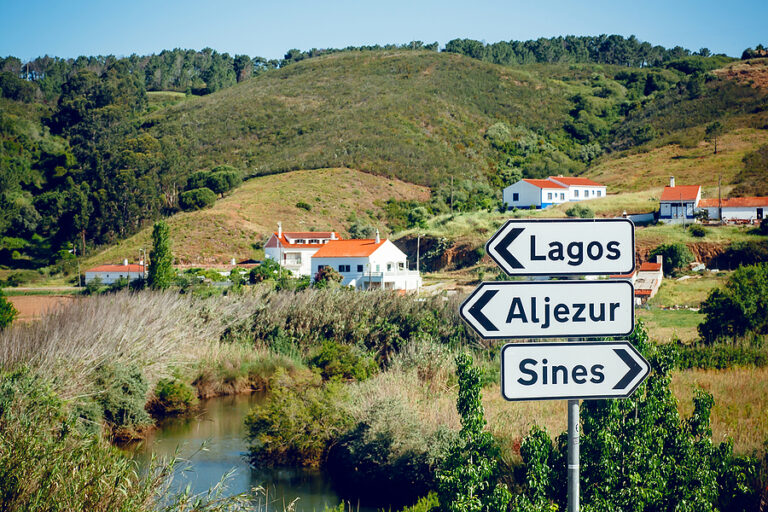Repsol's Renewable Energy Initiatives in Sines, Portugal
Key Ideas
- Repsol is set to produce biomethane and hydrogen at its Sines complex in 2026, aligning with its goal of transitioning to renewable fuel production.
- The company's focus on renewable energy includes developing projects for hydrogen production in Sines and potentially in Torres Novas, emphasizing a multi-solution approach to energy.
- Repsol plans to convert its refineries to exclusively produce renewable fuels like hydrotreated vegetable oil using green hydrogen generated through solar-powered electrolysis.
- Despite challenges like power outages and market volatility, Repsol remains resilient, with a commitment to leveraging natural gas alongside renewable sources in the regional energy mix.
Repsol, a leading energy company, is gearing up to kickstart the production of biomethane and hydrogen at its industrial complex in Sines, Portugal, starting operations in 2026. This move is part of Repsol's strategic shift towards fully renewable fuel production. The Sines facility plays a pivotal role in Repsol's renewable energy endeavors, with Managing Director Armando Oliveira confirming the completion of preparations for the biomethane facility. The progression of these projects has been influenced by parallel investments, such as a new polymer reuse facility and solar power infrastructure installations, leading to some timeline adjustments. In the realm of hydrogen development, Repsol is actively working on a project in Sines and evaluating expansion possibilities to Torres Novas. The company views hydrogen as a learning process akin to advanced aerospace work, with concrete updates anticipated in the near future. Repsol aims to transform its refineries to exclusively manufacture renewable fuels like hydrotreated vegetable oil, produced using green hydrogen derived from solar-powered electrolysis. Oliveira envisions a significant transformation at the Sines site, emphasizing a departure from traditional refinery operations. Repsol, as the largest producer of renewable fuels in the Iberian Peninsula, advocates for a comprehensive energy approach that integrates electric mobility, renewable diesel, hydrogen, and other technologies. Despite acknowledging the presence of low-cost service stations in Portugal's fuel retail market, Repsol notes a substantial preference for premium fuels among over 35% of its customers. Oliveira highlights the sector's resilience amidst global energy market uncertainties, citing the impact of the pandemic and geopolitical instability. Preparedness for future disruptions, like the recent power outage affecting the Iberian Peninsula, is emphasized, with logistics and communication identified as key focus areas. Additionally, while advancing renewable energy, Repsol recognizes the ongoing importance of natural gas in the regional energy landscape.
Topics
Projects
Renewable Energy
Solar Power
Energy Resilience
Biomethane Production
Fuel Market
Refinery Transition
Latest News
